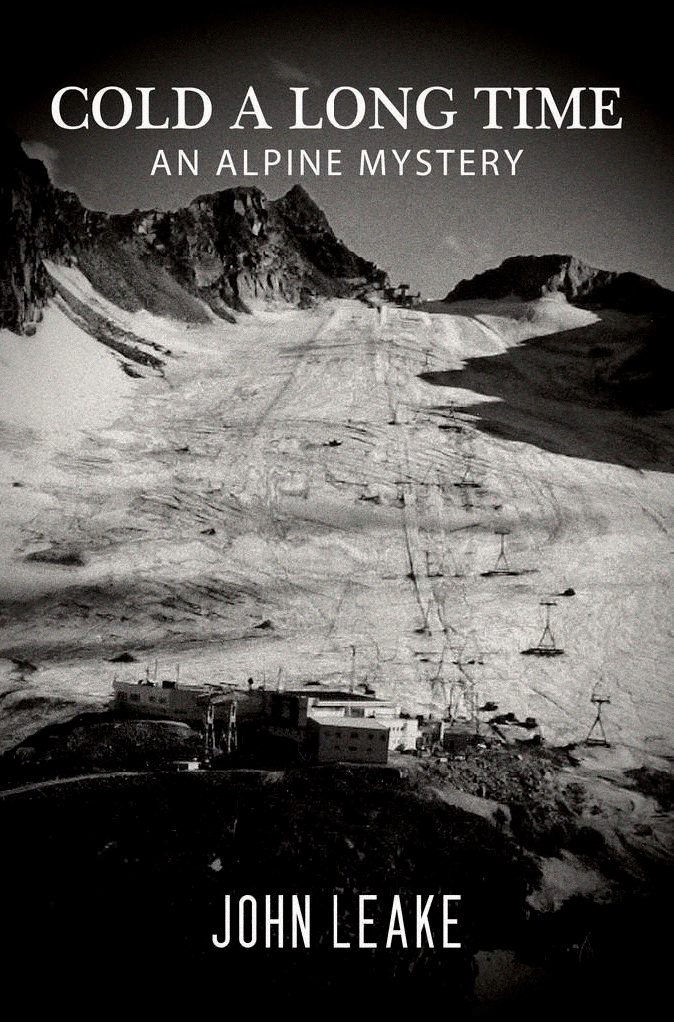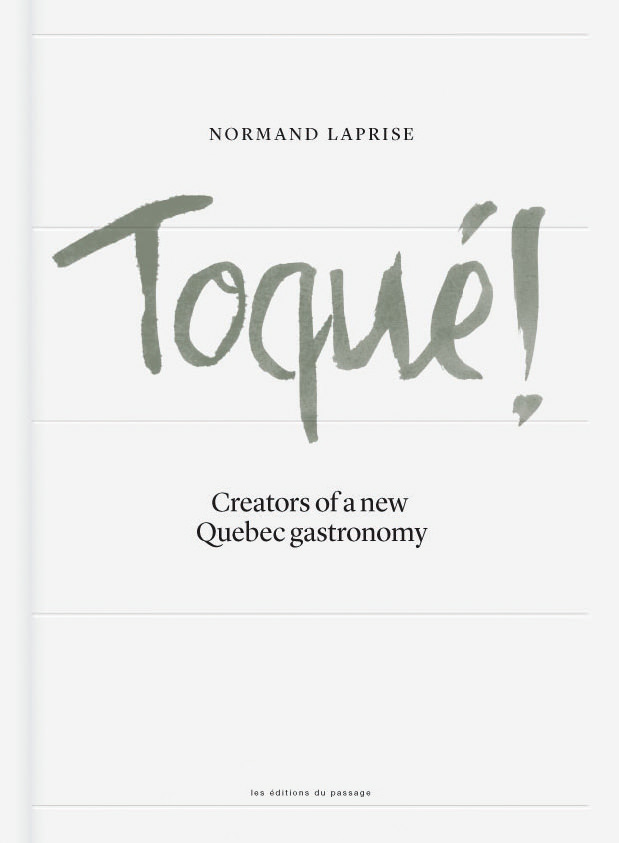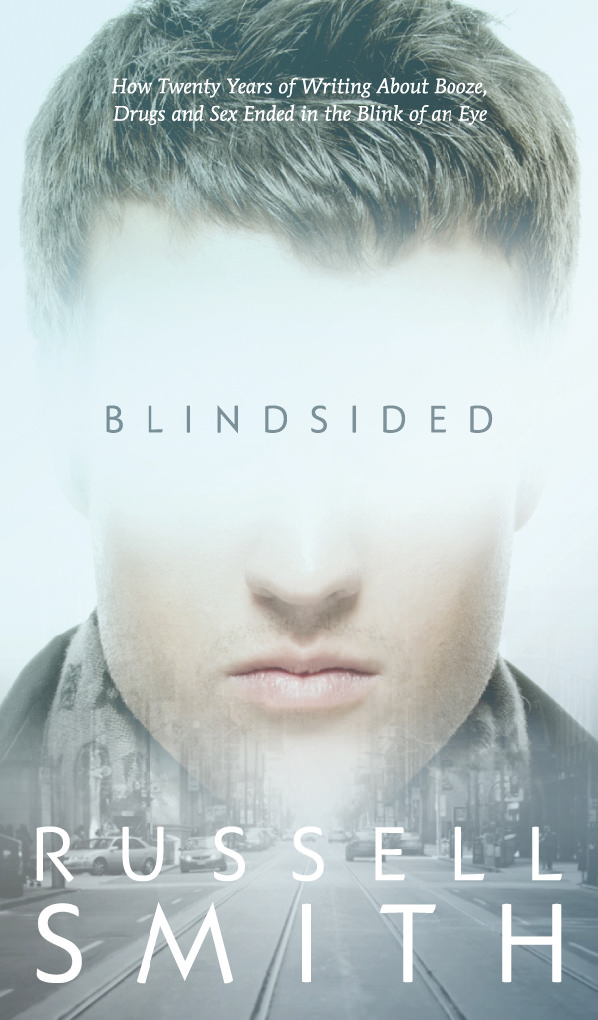Five Books to Usher In Spring
New releases from literary stars and Canadian favourites to add to your reading list.
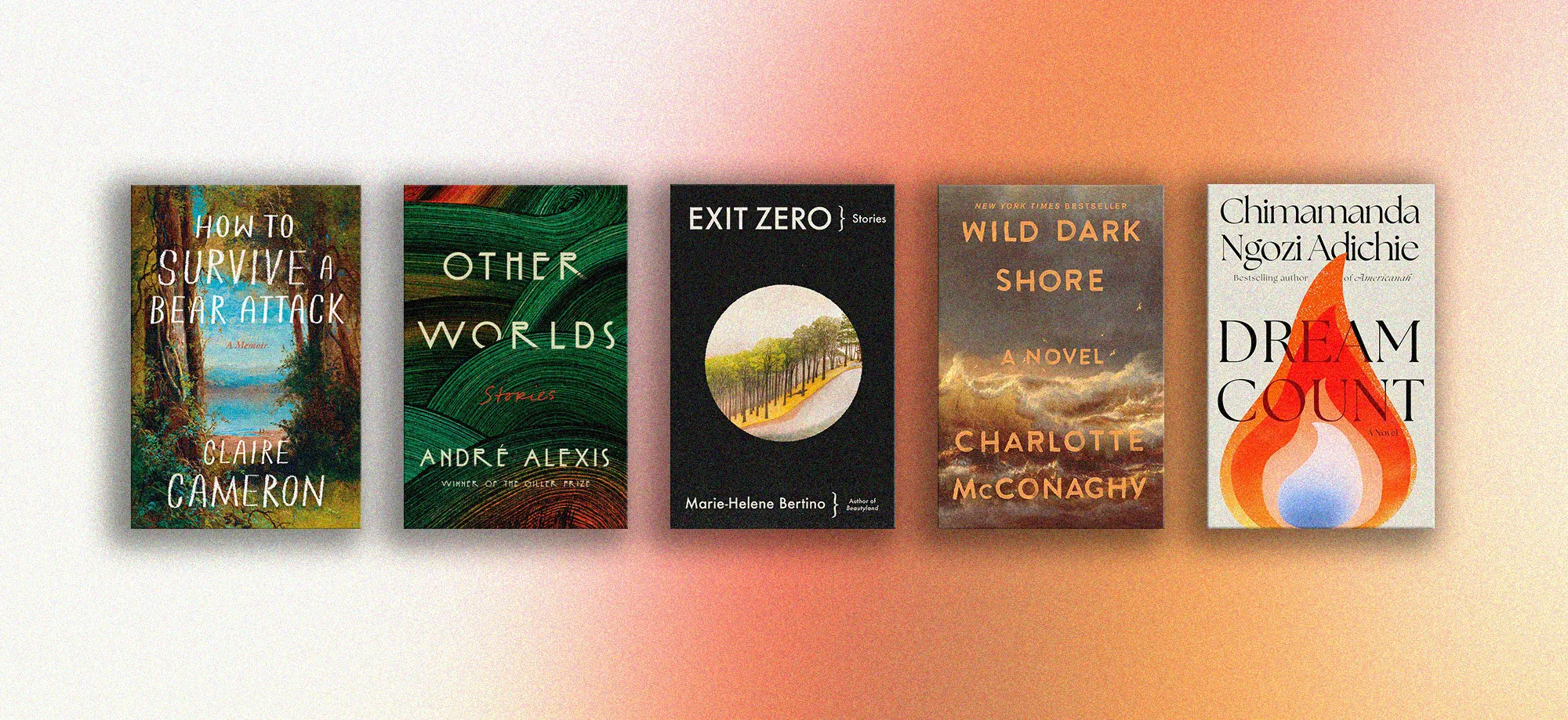
by Josie Breuls
As the world emerges from its winter slumber, these spring releases breathe new life into a bedside stack. From new work by beloved Canadian writers to a highly anticipated tome by Chimamanda Ngozi Adichie, these five books transport readers to places both far away and close to home to help us see ourselves and the world around us in new ways.
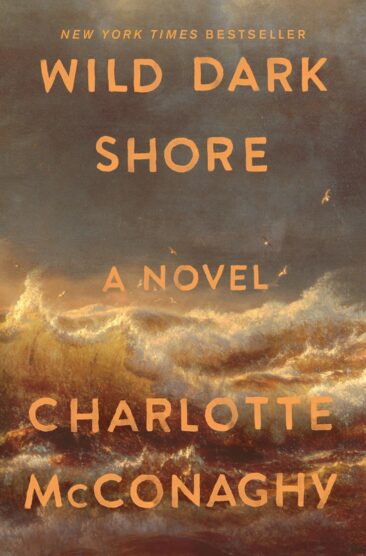
Wild Dark Shore, Charlotte McConaghy (March)
In her 2020 novel, Migrations, McConaghy conjures a haunting sense of place with a story set in a remote, atmospheric corner of the world: Antarctica. The speculative Wild Dark Shore returns readers to a similar stage on a small island called Shearwater, between Australia and the White Continent. The narrative follows a father and his three children who are stranded there and tasked with tending to the world’s last seed vault as much of the planet, including the island itself, is swallowed by the rising sea. When a stranger drifts ashore and poses a potential threat, the island’s inhabitants must decide what’s worth saving—and living for—in a disappearing world.
___

How to Survive a Bear Attack, Claire Cameron (March)
This debut memoir from the Toronto-based author of The Last Neanderthal and The Bear weaves together Cameron’s decades-long obsession with a fatal black bear attack in Ontario’s Algonquin Park in the ’90s with her cancer diagnosis. The wilderness that once served as a place of solace after losing her father to the same rare disease takes on a predatory quality when Cameron is told “the ideal exposure to UV light is none,” and she simultaneously dives deeper into the case. This powerful book asks how we can reconcile the inherent beauty and catharsis of nature with its omnificent, sometimes-frightening power. Readers are offered a moving contemplation of wilderness, survival, and the dangers that lurk unseen within and outside ourselves. The narrative also serves as a compassionate and heartbreaking portrait of an iconic Canadian species.
___
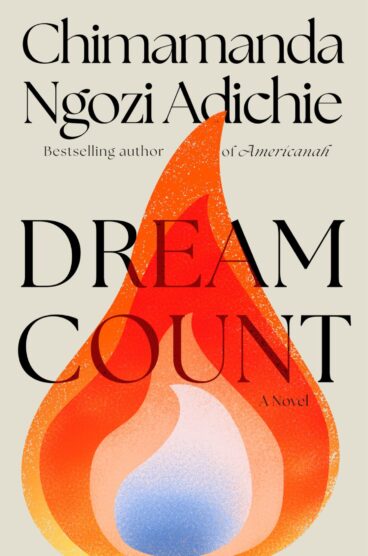
Dream Count, Chimamanda Ngozi Adichie (March)
Chiamaka, a Nigerian travel writer, longs to be known, and her “dream count” is a play on “body count,” referencing a parade of failed relationships that serves as a meditation on desire and belonging. Through the narratives of her Nigerian-born best friend, a cousin, and a former housekeeper, each with their own dreams dashed, Adichie weaves an empathic narrative about the way society—and some egregiously affronting men, from the monstrous to the tedious—fails women, in her first novel since her acclaimed Americanah. If the relationship painted between men and women at times feels reductionist, that’s atoned for in the complexity of these four characters and the redemption they find in each other, cast against the background of the COVID-19 pandemic.
___

Exit Zero, Marie-Helene Bertino (April)
A bereaved daughter is left an obstinate unicorn as a gift by her estranged father. A woman confronts ghosts from the past when her ex-boyfriends begin to rain down from the sky. A disenchanted gardener begins to receive cryptic messages delivered on mystery balloons that drift stealthily into her yard. Marie-Helene Bertino’s surrealist collection of 12 short stories, Exit Zero, is as strange and delightful as her 2024 novel Beautyland, with the same dark humour and uncanny human insights sprinkled throughout while veering more deeply into magical realism. Melancholic, whimsical, and surprising, each story feels like discovering a $20 bill tucked away in a coat pocket, delivering a lyrical jolt of truth that had been forgotten about.
___

Other Worlds, André Alexis (May)
It’s been a decade since Alexis’s Giller Prize-winning Fifteen Dogs, in which a group of misfit hounds are granted human consciousness. This new collection of stories returns to fantastical, time-bending themes marked by the author’s signature spare prose, dry humour, and philosophical line of inquiry. In Houyhnhnm, a son is reconnected to his late father through a talking horse, and in Contrition, a man from 19th-century Trinidad and Tobago finds himself mysteriously reborn in the body of a child in small-town Canada, the latter story inspired by the Japanese genre isekai.


